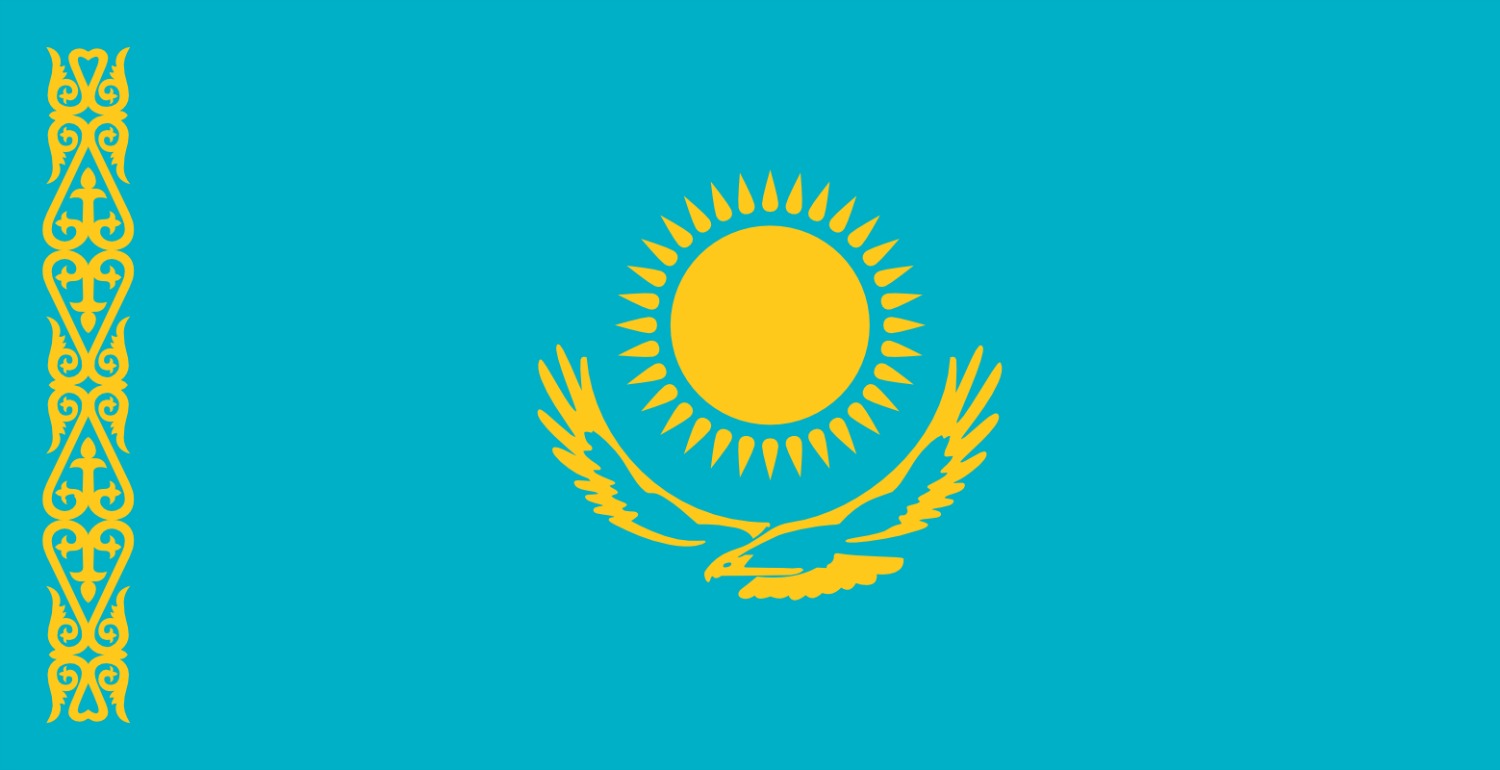This hearing reviewed the democratization process, human rights, and religious liberty in Kazakhstan. This was one in a series that the Helsinki Commission has held on Central Asia. The hearing focused on Kazakhstan for two reasons: first, the country held a presidential election, almost 2 years ahead of schedule. The OSCE’s Office of Democratic Institutions and Human Rights, used unusually strong language, and criticized the conduct of the election as far short of meeting OSCE commitments. The witnesses gave testimony surrounding the legal obstacles in the constitution of Kazakhstan and other obstacles that the authoritarian voices in the government use to suppress opposition.
Member
Hon. Chris Smith
Chairman
Commission on Security and Cooperation in Europe
Witnesses
Ross Wilson
Principal Deputy to the Ambassador-at-Large and Special Advisor to the Secretary of State for the NIS
Department of State
H.E. Bolat Nurgaliev
Ambassador to the United States
Kazakhstan
Akezhan Kazhegeldin
Chairman/Former Prime Minister
The National Republican Party of Kazakhstan/Kazakhstan
Yevgenyi Zhovtis
Chairman
Board of Directors to the Soros Foundation in Kazakhstan
Pyotr Svoik
Chairman
Azamat Movement
Dr. Martha Brill Olcott
Senior Associate
Carnegie Endowment for International Peace
Relevant Issues
Relevant Countries
Leadership

Silenced Dissent: The Plight of Political Prisoners ...
Jun 13, 2024WASHINGTON—Across the globe, individuals continue to be targeted, arrested, and imprisoned for peacefully exercising their rights to freedom of speech, assembly, and association. Persecution on political grounds represents a fundamental […]

Vladimir Kara-Murza: Putin’s Personal Prisoner
Sep 20, 2023Stream here: HEARING: Vladimir Kara-Murza: Putin’s Personal Prisoner – YouTube Vladimir Kara-Murza, a father, husband, and a freedom fighter, has been in detention for over five hundred days and is currently […]

Supporting A Democratic and Secure Moldova
Jul 12, 2023In recent years, Moldova has made notable steps to improve its democratic institutions and combat corruption. President Maia Sandu and her Party of Action and Solidarity (PAS) have spearheaded wide-ranging […]
Helsinki Commission Leadership Statement on Georgian...
Mar 06, 2023WASHINGTON—In response to news that the Georgian parliament is considering Russian-style foreign agent legislation, which would have a chilling effect on Georgia’s vibrant civil society, Helsinki Commission Chairman Representative Joe Wilson (SC-2), […]
Helsinki Commission Chair and Co-Chair: Statement on...
Feb 20, 2023WASHINGTON—Following reports of the sharp deterioration of Azerbaijani dissident Bakhtiyar Hajiyev, Helsinki Commission Chairman Rep. Joe Wilson (SC-2) and Co-Chairman Sen. Ben Cardin (MD) issued the following joint statement: “We […]
Co-Chairman Cohen Calls for the Release of Political...
Aug 09, 2022Washington – On the second anniversary of the sham presidential election in Belarus, the Helsinki Commission Co-Chairman and OSCE PA Special Representative on Political Prisoners Rep. Steve Cohen (TN-09) issued […]
CO-CHAIRMAN COHEN CALLS FOR THE RELEASE OF ALAA ABD ...
Aug 04, 2022WASHINGTON— Concerning Alaa Abd el-Fattah’s imprisonment, Helsinki Commission Co-Chairman and OSCE Parliamentary Assembly Special Representative on Political Prisoners Rep. Steve Cohen (TN-09) released a letter calling for Secretary Blinken to […]
Co-Chairman Cohen Condemns Execution of Democracy Ac...
Jul 28, 2022WASHINGTON—Following the execution of four democracy activists by Myanmar’s military junta, Helsinki Commission Co-Chairman and OSCE Parliamentary Assembly Special Representative on Political Prisoners Rep. Steve Cohen (TN-09) issued the following […]
Wicker Stands in Solidarity With Russian Dissident
Jul 28, 2022WASHINGTON – Mr. President, I rise this afternoon to make sure that the plight of Russian leader Vladimir Kara-Murza is not forgotten. That the outrageous imprisonment of Vladimir Kara-Murza by […]
Helsinki Commission Urges Administration to Work to ...
Jul 25, 2022WASHINGTON—Helsinki Commission Chairman Sen. Ben Cardin (MD), Co-Chairman Rep. Steve Cohen (TN-09), Ranking Member Sen. Roger Wicker (MS), and Ranking Member Rep. Joe Wilson (SC-02) today released a letter urging […]
Helsinki Commission Delegation Convenes Historic Bla...
Jul 14, 2022WASHINGTON—From June 29 – July 9, Helsinki Commission Ranking Member Sen. Roger Wicker (MS) led a bipartisan, bicameral congressional delegation to Romania, the United Kingdom, Finland, and Sweden to consult […]


